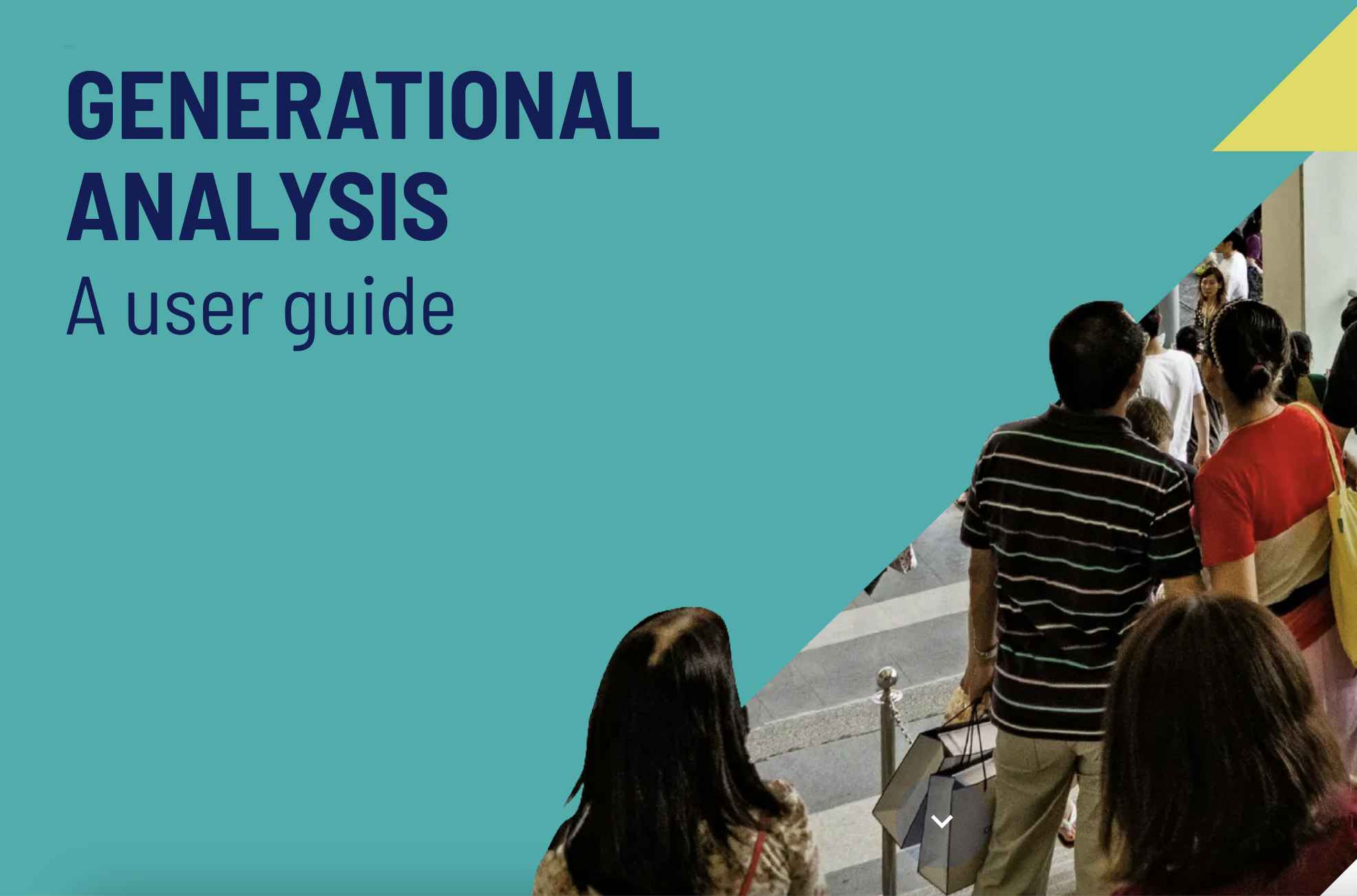Ipsos has just published its 3rd edition of its Generations Report. I’ll do a series of articles to cover the various learnings from this year’s edition.
Let’s start with the general misconceptions that companies and brands should start by addressing to be able to target generations effectively:
1. NOT ALL CHANGE IS A GENERATIONAL CHANGE:
Generational analysis is vulnerable to biases, misperceptions and cultural stereotypes.
We tend to simplify for efficiency purposes, but this over-simplification means a lot of opportunities lost for brands and companies.
We need to distinguish lifecyle effects from period or cohort effects:
- LIFESTYLE EFFECT: your lifestage impacts what you do, no matter at what period in time you’re living in.
What Gen Z are currently doing may not be different from what Millennials or Gen X were doing when they were at the same age (for example, spending more time on dating that older generations). - PERIOD EFFECT: The COVID-19 pandemic has affected people across ages & generations in similar ways, like increased remote and hybrid working, declines in mental health, rises in telemedicine, and changes to how we socialise with friends and family online.
- COHORT EFFECT: Cohort effects, showing similarities in behaviours and attitudes over time, are hardest to spot as they require longitudinal data to show differences from lifecycle & period effects, and therefore generate a lot of misconceptions.
Some examples of generational cohort effects: being more materialistic than other generations, job hopping more, having fewer children, changes in TV and streaming behaviour, less brand-loyalty, or being more or less socially liberal.
2. LOCAL CONTEXT MATTERS!
American/Western labels don’t travel well.
People in China or in India do not relate well to the Western “marketing” concepts of generations. Furthermore, they also have their own labels due to their specific historic events.
A few verbatims from local Ipsos colleagues illustrate that well:
- India: “When used in India, these generational terms often reflect American stereotypes rather than Indian experiences.”
- China: “People use the terms like post-80, post-90, post-00 and post-10 to describe the years when they were born and to segment the target audience”
- Romania: “One term people use is ‘decretei’ [the children of the decree], meaning people who were born after Ceaușescu’s decree from October 1st, 1966, forbidding the voluntary interruption of pregnancy.”
IN SHORT:
- Much of what is written about generations is awash with misperceptions and shallow stereotypes. Although businesses love simplicity, too much of it can be detrimental to uncover more accurate insights into consumer behaviour.
- True generational change (cohort effect) is when attitudes and behaviours remain distinct over time. But it is the hardest to capture as it requires a lot of data over a lot of time!
- Local events may have shaped attitudes and behaviours in a way that is more relevant to understanding people than by using global labels.

